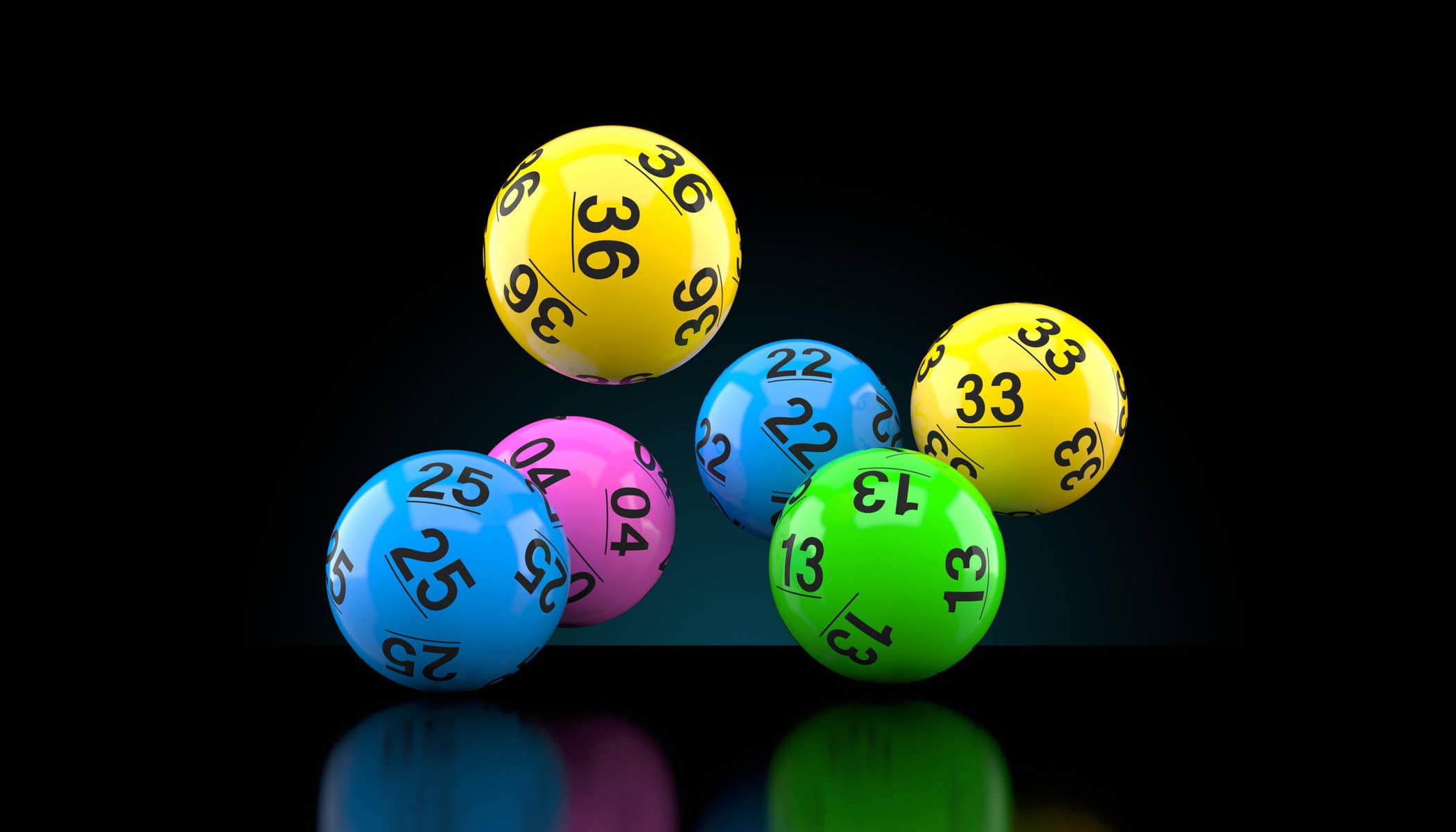Lottery draws have captivated the imagination of millions across the globe, offering a tantalizing glimpse into the possibility of instant wealth and the fulfillment of dreams keluaran cambodia. From the thrill of anticipation to the moment of revelation, lottery draws embody a unique blend of chance, hope, and excitement. This article explores the history, mechanics, and social impact of lottery draws, shedding light on why they remain a popular form of entertainment and a source of funding for public initiatives.
A Brief History
The origins of lottery draws can be traced back to ancient civilizations. The earliest recorded lottery was conducted in China during the Han Dynasty (205-187 BC), where it was believed to have helped fund major government projects, including the Great Wall. Similarly, lotteries in ancient Rome were used as a means of distributing property and slaves.
The modern lottery as we know it began to take shape in the 15th century in Europe, where towns held draws to raise funds for fortifications and other public works. By the 17th century, lotteries had become a popular means of raising revenue for various causes, including education and infrastructure. In the United States, lotteries played a crucial role in funding the American Revolution and later became a staple for state funding.
How Lottery Draws Work
Lottery draws operate on a simple premise: players purchase tickets for a chance to win cash prizes. The mechanics can vary, but most lotteries involve a random selection of numbers or symbols.
- Ticket Purchase: Players buy tickets with a set of numbers, either selecting their own or opting for a quick pick, where the numbers are randomly generated.
- Drawing Process: Draws can be conducted using mechanical machines or electronic random number generators. The drawing usually takes place at a designated time and is often broadcast live to maintain transparency and trust.
- Winning: After the draw, winners are determined based on how many of their numbers match those drawn. Prizes can range from small amounts for matching a few numbers to life-changing jackpots for matching all.
The Allure of Winning
The excitement surrounding lottery draws is largely fueled by the potential for life-altering wins. Stories of ordinary people striking it rich overnight spark the imagination and create a sense of hope. Winning a lottery can mean financial freedom, the ability to travel, buy a home, or support loved ones. The prospect of achieving such dreams, even if the odds are steep, keeps players returning for more.
The Social Impact of Lotteries
Beyond personal gain, lotteries have significant social implications. Proceeds from lottery ticket sales often support public services, such as education, healthcare, and infrastructure projects. For instance, in many U.S. states, lottery funds contribute to public schools and scholarships.
However, there are also critiques of lotteries. Critics argue that they can exploit vulnerable populations, as lower-income individuals tend to spend a higher percentage of their income on tickets. The randomness of lottery draws can lead to a false sense of security regarding wealth, encouraging people to rely on luck rather than financial planning.
The Future of Lottery Draws
With the advent of technology, lottery draws are evolving. Online lotteries and mobile apps are making participation more accessible, while blockchain technology is being explored to enhance transparency and security in the drawing process. Additionally, the rise of social media is helping to create communities around lottery enthusiasts, allowing them to share tips, strategies, and experiences.
